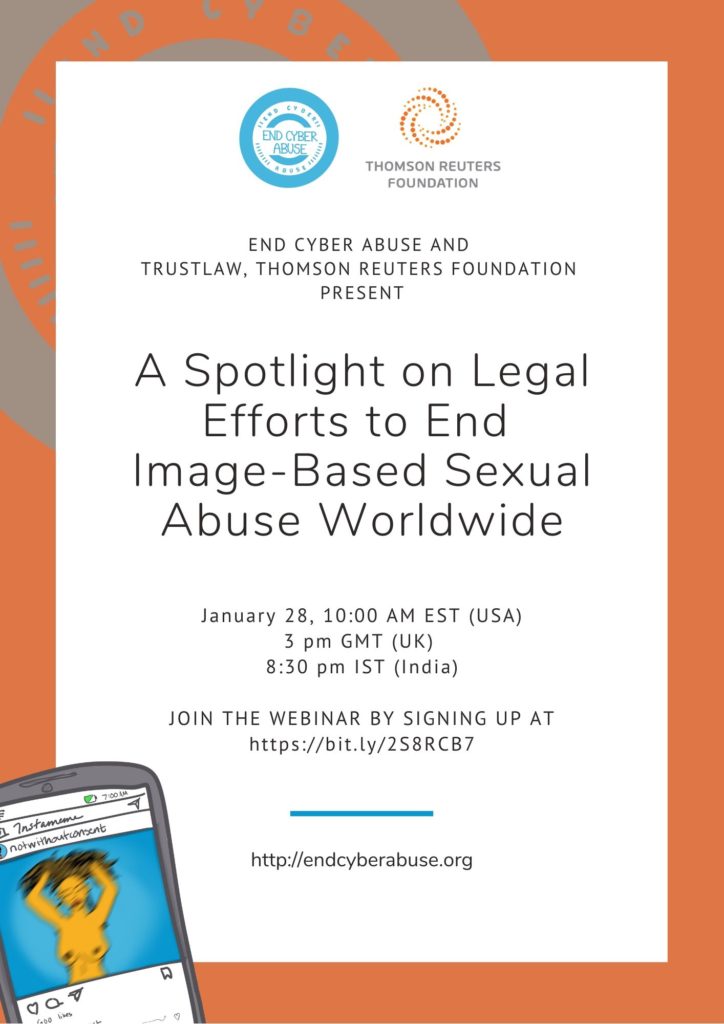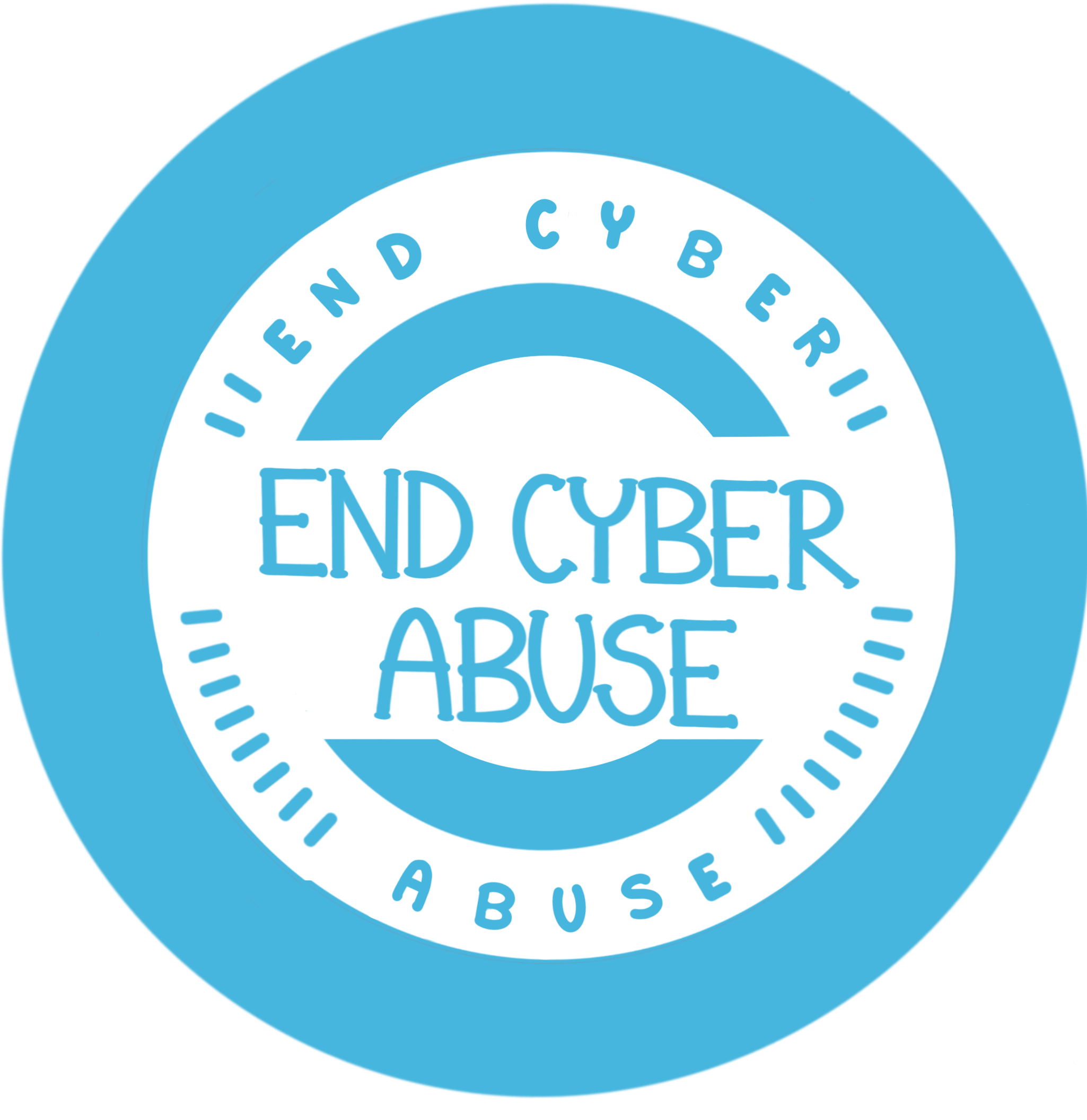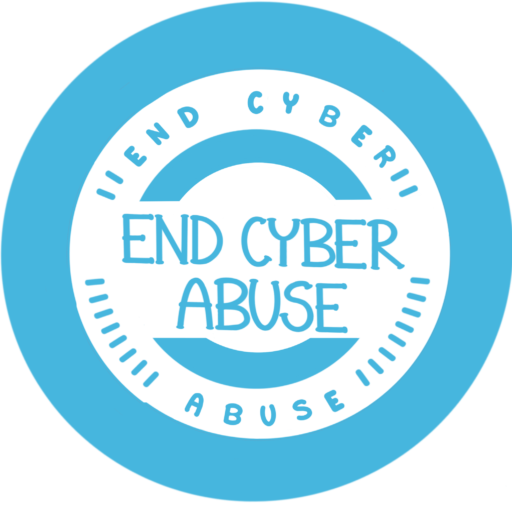Please join End Cyber Abuse and TrustLaw, Thomson Reuters Foundation for an online webinar panel discussion to launch End Cyber Abuse’s new resource: a set of factsheets documenting the laws and legal remedies that survivors and victims of image-based sexual abuse (also known as ‘revenge porn’) can access across 10 countries.
Our factsheets were developed in partnership with TrustLaw and a team of dedicated pro bono lawyers around the world. They cover the civil and criminal laws in: Bangladesh, Canada, England & Wales, France, Germany, India, Japan, Pakistan, Philippines and the US. Click here to read the factsheets. We’ve also published our analysis of the law, including core legislative elements and good practices and gaps and challenges in the law.
Webinar panel discussion

What will be discussed?
The webinar will explore the global prevalence of image-based sexual abuse, more commonly known as ‘revenge porn’. Our panelists will discuss the state of the laws surrounding image-based sexual abuse across jurisdictions, the legal remedies that survivors currently have, good practices, and gaps and challenges in the laws and the ways in which survivors can access justice. Our goal is to open a dialogue and explore better options for victims to achieve justice.
When will it be?
This webinar panel discussion is open to everyone who wishes to be educated on the legal avenues available to victims of image-based sexual abuse.
It will be January 28th 10:00 AM EST (US), 3:00 PM GMT (UK), 8:30 PM IST (India).
Please click here to learn more and to RSVP. We will share the webinar information with you via e-mail.
Who will be participating?
We are collaborating with Trustlaw, Thomas Reuters Foundation’s global pro bono subsidiary, our legal research partner.
Our panelists include:
| Akhila Kolisetty – Co-Director, End Cyber Abuse: Akhila is a Co-Director at End Cyber Abuse. She is a lawyer, feminist policy advocate, and writer based in New York. She has consulted and worked on access to justice, women’s rights, and the legal empowerment of marginalized communities in Nepal, India, Bangladesh, Afghanistan, Sierra Leone, and the US. She is passionate about making justice systems accessible to survivors of gender-based violence. In Brooklyn, NY, she provided legal representation to survivors of domestic violence, including survivors of online gendered violence. She worked with the Open Society Foundations (OSF) as a Presidential Fellow and a Legal Consultant in Nepal. Akhila holds a Bachelor’s in Economics and Political Science from Northwestern University and a J.D. from Harvard Law School. Trishna Mohan Kripalani — Legal Programme Manager, South Asia, Thomson Reuters Foundation (India): Trishna Mohan Kripalani is the Legal and Program Manager for South Asia at TrustLaw, Thomson Reuters Foundation, where she harnesses the power of law, media and multi-stakeholder initiatives to influence systemic change. She has over a decade of experience in the legal and humanitarian sector. She is a qualified lawyer in India with a specialisation in handling cases of corporate criminal liability. Previously, she developed and led a training program on business and human rights in India for lawyers. She is a legal and gender expert and has been engaged on projects by Government of India, EU and international organisations. Her work on women’s empowerment was recognized by the Indian National Bar Association. Sophie Mortimer — Manager, Revenge Porn Helpline (UK): Sophie Mortimer is the manager of the Revenge Porn Helpline, the UK’s only dedicated service supporting people affected by the sharing of intimate images without consent. She has worked for a number of years in the areas of criminal justice and victim support. She speaks regularly to the media and at conferences on the issues surrounding intimate image abuse such as domestic abuse, harassment and extortion. Shmyla Khan — Program and Research Manager, Digital Rights Foundation (Pakistan): Shmyla Khan is the Program and Research Manager at the Digital Rights Foundation. She is a lawyer who has done her LLM from the University of Michigan, Ann Arbor. Shmyla has previously worked as a law clerk at the Supreme Court of Pakistan and a lecturer at the Beaconhouse National University (BNU). Jelen Paclarin — Executive Director, Women’s Legal Bureau (Philippines). Jelen Paclarin is a feminist, educator, community worker and has been part of the women’s movement for the past two decades. She is the executive director of the Women’s Legal and Human Rights Bureau (WLB). WLB was established in 1990 by feminist human rights advocates wanting to effectively address the prejudices suffered by Filipino women before the law and in the legal system. WLB emerged as the first consciously feminist legal organization advocating feminist legal advocacy as a strategy for the promotion and defense of women’s human rights. Jelen has written papers, articles and publications on ASEAN and human rights; women’s access to justice for sexual violence, online violence, and in plural legal systems; and domestic legal remedies of women in the context of violence against women both online and offline. She has submitted reports to CEDAW, UPR, and ICCPR. She is also a part-time senior lecturer at the International Studies Department of Miriam College Foundation. Heather Barr — Acting Co-Director, Human Rights Watch, Women’s Rights Division: Heather Barr is the acting co-director of the Women’s Rights Division at Human Rights Watch. She has done research in countries including Afghanistan, Bangladesh, Burma, Nepal, and Papua New Guinea, on issues including child marriage, girls’ education, violence against women, refugee and prisoners’ rights, and trafficking. She joined Human Rights Watch in 2011 as the Afghanistan researcher, after working for the United Nations in Afghanistan and Burundi. After law school she litigated for discharge planning for prisoners with psychosocial disabilities in New York City, and founded an alternative-to-incarceration program. Before law school, she worked with homeless women. She is a graduate of the London School of Economics, Columbia Law School, and John Jay College of Criminal Justice. |


